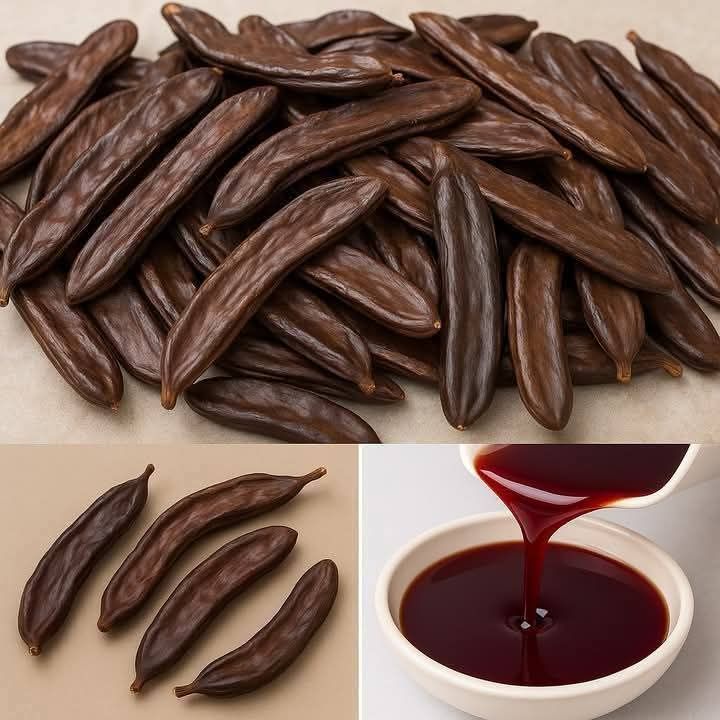ADVERTISEMENT
In the teeming world of fruits and foods beneficial to our health, some treasures remain unknown or forgotten, despite their remarkable nutritional properties. Among them, carob, an ancestral fruit with exceptional virtues, deserves pride of place. Highly prized by our ancestors, this fruit is making a comeback in the culinary spotlight, perfectly illustrating how ancient traditions can enrich our contemporary knowledge about nutrition.
Origin and Description of Carob
Carob, scientifically called Ceratonia siliqua, comes from a tree in the Fabaceae family. Native to the Mediterranean and Western Asia, this tree produces pods that resemble brown beans, containing a sweet pulp and seeds.
Nutritional Profile of Carob
Richness and diversity define the nutritional profile of carob. This fruit is an important source of B vitamins, as well as essential minerals such as calcium, iron, magnesium, potassium, and zinc. It is also rich in dietary fiber, protein, and antioxidants, making it a complete and beneficial food.
Health Benefits of Carob
Continued on the next page
ADVERTISEMENT
